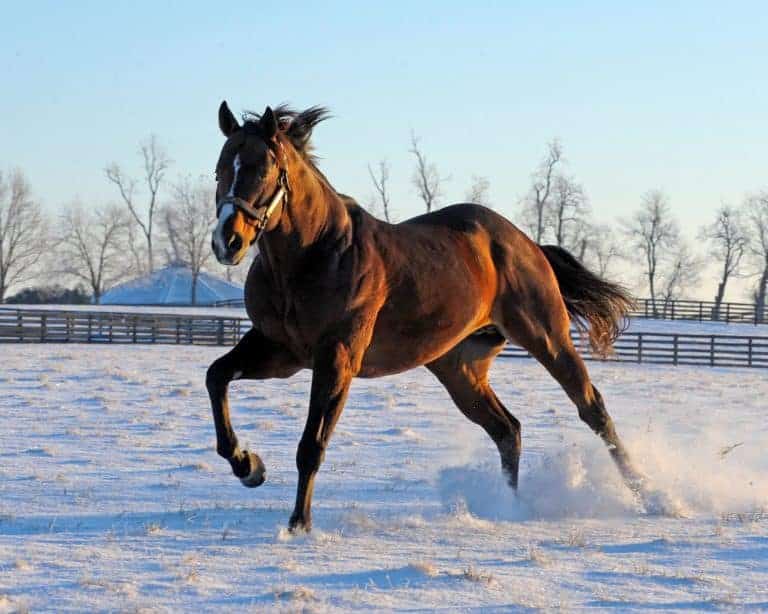Lepto in Kentucky
Leptospirosis, often called just “lepto,” can cause flu-like illness in horses that sometimes results in abortion or uveitis (moon blindness). In Kentucky, there seems to be a cyclic pattern to abortions caused by leptospirosis. In 2001, there were about 40 cases, but the past two years there were less than 10 each year. Through Jan. 29 of this year, there have been 33 cases, according to Nei













